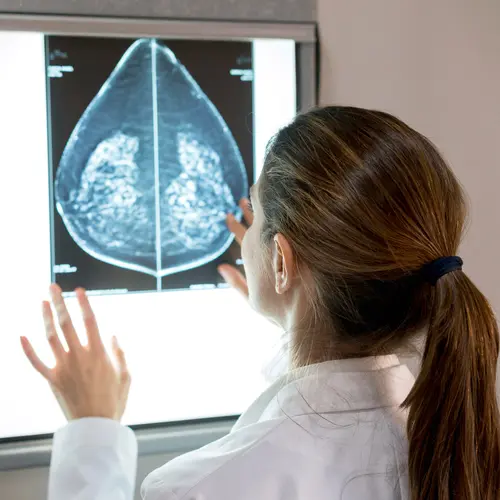Although they're separate diseases, depression is sometimes a symptom of hypothyroidism. That’s when your thyroid gland doesn't make enough thyroid hormone. Medication can boost those levels, and that can improve or get rid of your symptoms, including depression.
The two conditions share so many signs that doctors sometimes overlook the possibility that someone who is depressed may also have low thyroid levels.
If you have hypothyroidism, you may have fatigue, sluggishness, and trouble concentrating. You may sleep too much, too. All of that may cause you to feel depressed.
At the same time, you could also have:
- Slower heart rate
- Sensitivity to cold
- Joint or muscle pain or cramps
- Tingling in your hands and fingers
- Vague aches and pains
- Modest weight gain
- Constipation
- Dryness or yellowing of your skin
- Brittle or thick nails
- Hoarse voice
- Swelling in front of your neck
- Hair thinning or loss
- Menstrual period changes
Linking Hypothyroidism With Depression
To help your doctor figure out if your depression is because of hypothyroidism, they should test you for thyroid disorders. Blood tests can confirm them if they show low levels of a thyroid hormone called thyroxine and a high level of one called thyroid-stimulating hormone (TSH).
Studies show that if you have both hypothyroidism and depression, thyroid-replacement medications may work better than antidepressants. They boost levels of two major thyroid hormones: triiodothyronine (also called T3) and thyroxine (T4). When thyroid pills lower TSH levels, you may start feeling better.
Getting Help
If you're feeling depressed, see your doctor. Both hypothyroidism and depression are treatable. A proper diagnosis is a major first step toward feeling more like yourself.

